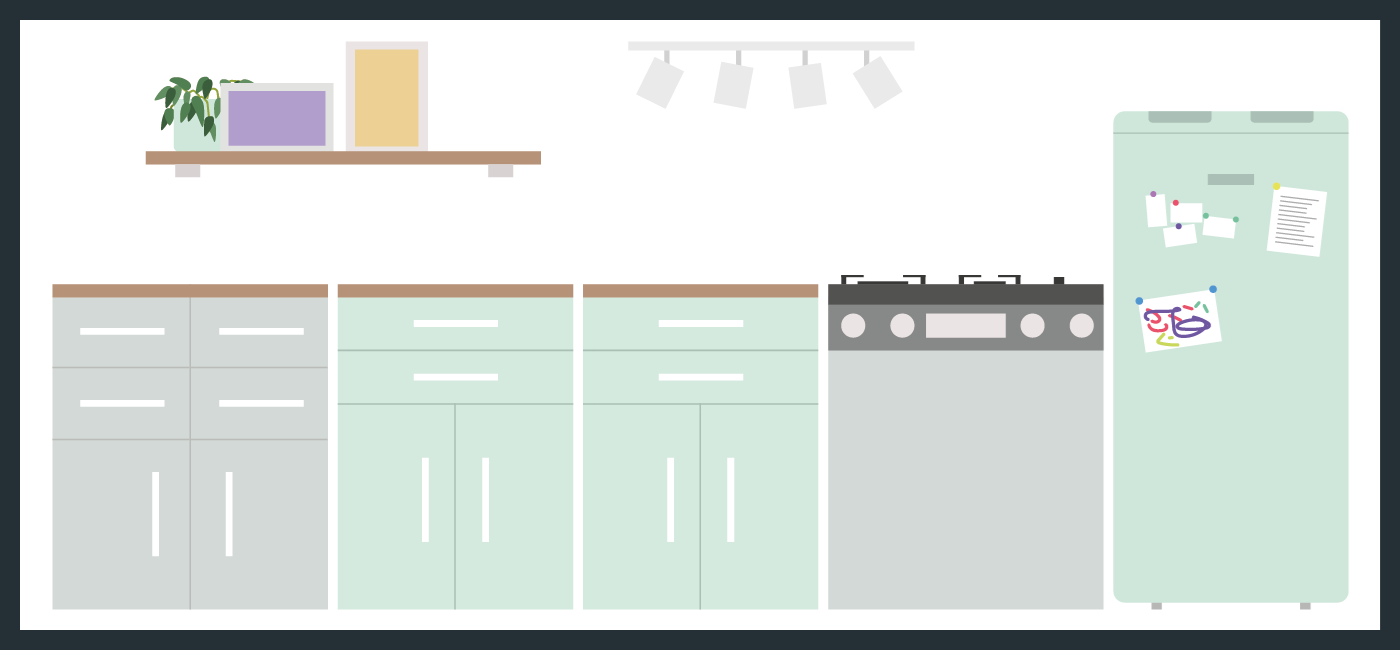Kitchen
Assistive technology in the kitchen
Assistive technology helps people with mobility challenges use the kitchen more easily and independently. Here are some helpful tools:
- Talking Kettles: These devices announce when the water has reached boiling point, which prevents accidental burns. They are great for people with limited vision or dexterity, as they give clear audio signals, making it easier to make hot drinks.
- Smart Kitchen Scales: These scales say the weight out loud, helping people with visual impairments measure ingredients accurately.
- Adaptive cutlery sets: These combine a fork and knife or a fork and spoon into one utensil, making it easier for people who can only use one hand.
- Adaptive utensils: These have easy-to-grip handles. Non-slip mats, plate guards, and one-handed chopping boards help with meal preparation, allowing people to cook and eat on their own.
- Voice-enabled home hubs: These work with voice assistants like Alexa to control kitchen appliances, like ovens and microwaves, with voice commands. This is helpful for people with limited mobility.
- Accessible Cookbooks: These come in large print, braille, or audio formats, so everyone can follow recipes independently.
Using these tools, people with mobility challenges can enjoy cooking, hosting gatherings, and eating meals with confidence and independence.







